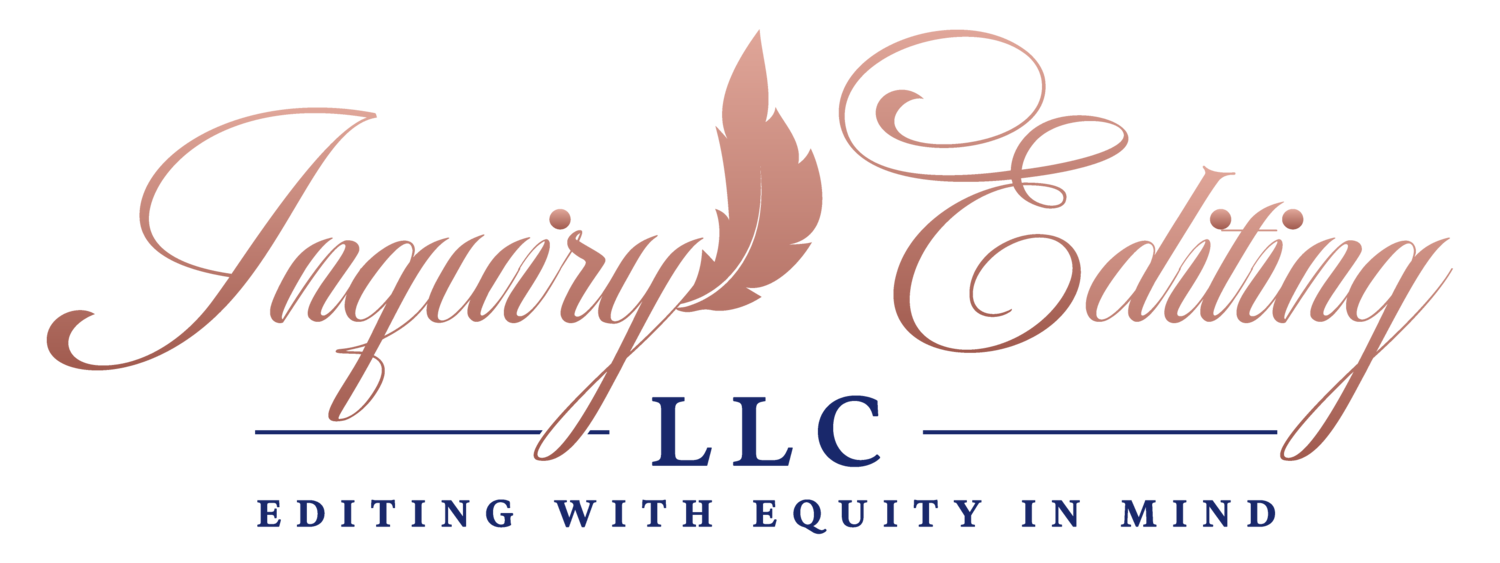How to Revise an Article, a personal journey, part 4
When you last left me, your intrepid writer, I was reading. In the meantime, something magical has happened. A friend of mine, a friend of my mind, sacrificed his time and energy in reading my article and the feedback. He met with me over Zoom on a cozy Friday night.
Let me pause here and tell you something. I was initially afraid to contact him. Take a peek inside my head for a little bit: Oh, he’s too busy. Oh, he must be teaching. You know that man has his own work to do. What if he doesn’t like it? What if he thinks it is trash? What if he agrees with the reviewers?
The only reason I overruled my nervousness was because I know how important it is to have another person look at your work. What’s more, I was delving into a piece to which I had deep emotional ties. That emotional connection – my nervousness, my anger, my passion – makes it difficult for me to get clarity about the possibilities of the manuscript. Nevermind the pitfalls. To be clear, I was not looking for him to be the mythical objective reader. That person does not exist. I was looking for my friend to help me understand where I could begin.
That, he did.
In our meeting, he opened up by telling me that he wished I had not gotten both sets of feedback because they were opposed to each other. This makes sense. Contradictory feedback complicates revision because you have multiple messages to sort through.
Then, he pointed out that I used an opening gambit that did not suit my inquiry. This was an incredible insight for me. I firmly believe that the hardest parts of writing anything are the introduction and the conclusion. My introduction, as it was, set me up for an argument I wasn’t actually interested in making. Specifically, my real argument produces new reading practices for a genre of literature. My written argument set me up to talk about literary history.
When he suggested I could slash the first few pages, I was not as gutted as I expected to be. I was relieved. This means I now know how I can begin and how I can end. Both the introduction and the conclusion function as “prime real estate” in determining the persuasiveness of one’s argument. They also clarify the through-line, or main idea, of the entire manuscript.
A pause for the folks who would be gutted if someone tells you to slash away parts of your work. Imagine someone you love and care about giving you a big (COVID free) hug. No, really. You need to mentally put yourself in a space of unconditional love and support before hearing difficult feedback on writing. If that feels a little too much for you, just imagine the person in front of you has the absolute best of intentions.
Also, know this: none of the writing you do is ever wasted. When you have written something – poem, free write, essay, character sketch, plot outline, analysis, biography – it adds to your repertoire of skills and thoughts. Even if you discard it, it has helped you get to the place you want to be, whether that is published, tenured, promoted, or just finished. If you are writing in fiction, that practice allows you to delve more into your story. You can make craft choices about where the story could go. If you’re a poet, eking out that poem has helped you work with a metaphor or an image or a juxtaposition you hadn’t labored over before. It is an experiment. If you’re a critical writer, those thoughts lead you to the ones that eventually make it into your analysis. Regardless of genre, if you cut for reasons of word length, or an embarrassment of riches with regard to information or creativity, you will have ample opportunities to bring that work back to the fore. All writing informs all other writing.
Looking back on that meeting, I am so grateful that he scrolled to the fifth page and said: Start here. His feedback gave me a sense of my eventual audience. In short, he told me that they need to begin at a certain place. Another entry point would be deceptive and probably derail my objective. Since, nothing is ever wasted, I plan to take some of that “discarded” material and put it into a lecture for my class.
Reduce. Reuse. Recycle.
Let me tell you: this meeting came at the best time, because the reading isn’t going so well. More on that later…
